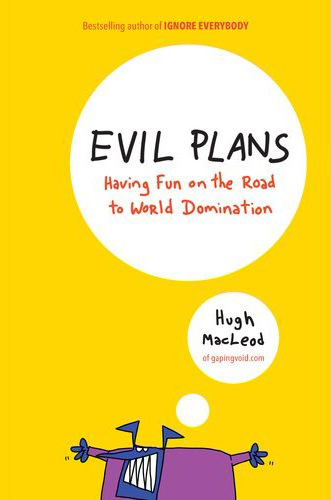Managing Email
I posted my approach to managing email in the comments of A VC the other day, thought I'd post it here as well. I'd love to make the switch over to Gmail at some point, but right now it doesn't jibe well with my approach to emailing.
- using Outlook
- setup as many junk mail filters as possible so most email doesn't make it to my inbox in the first place
- go through my inbox every night and either delete, respond and delete or file it in a folder or leave it in the inbox to do later (often I don't get to every night but I do it at least a few times a week)
- this leaves me with an inbox full of important emails that I need to address at some point
- many of my colleagues keep thousands of emails in their inbox (important and unimportant), I don't know how people can manage it this way
- my strategy centers around good spam management and the "delete" button, I spend a lot of time deleting
- Gmail doesn't make sorting or deleting emails easy, you either have to check a small box with your mouse or use an awkward keyboard shortcut that is slow and unreliable
- in Outlook it's easy to sort emails by sender or subject line and it's easy select multiple emails to delete, and you can just hit your keyboard's "delete" button and they're gone
Emailing is a pain but it's the best system we have, for now. I've read that several companies have committed to phasing it out over the next few years. That should drive some much needed innovation in the way we communicate at work.

 I ordered Hugh Macleod's new book
I ordered Hugh Macleod's new book